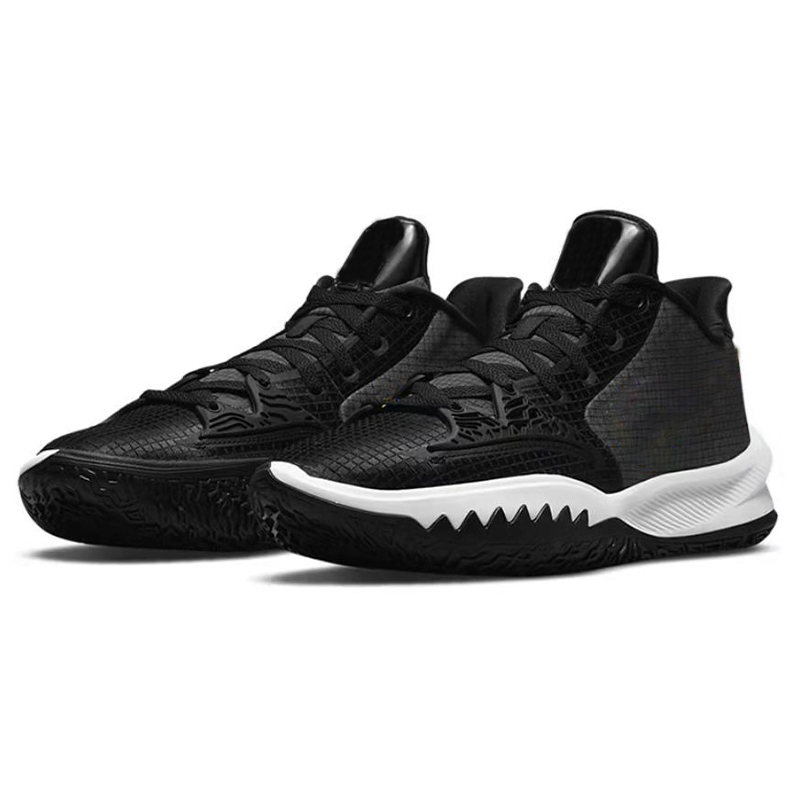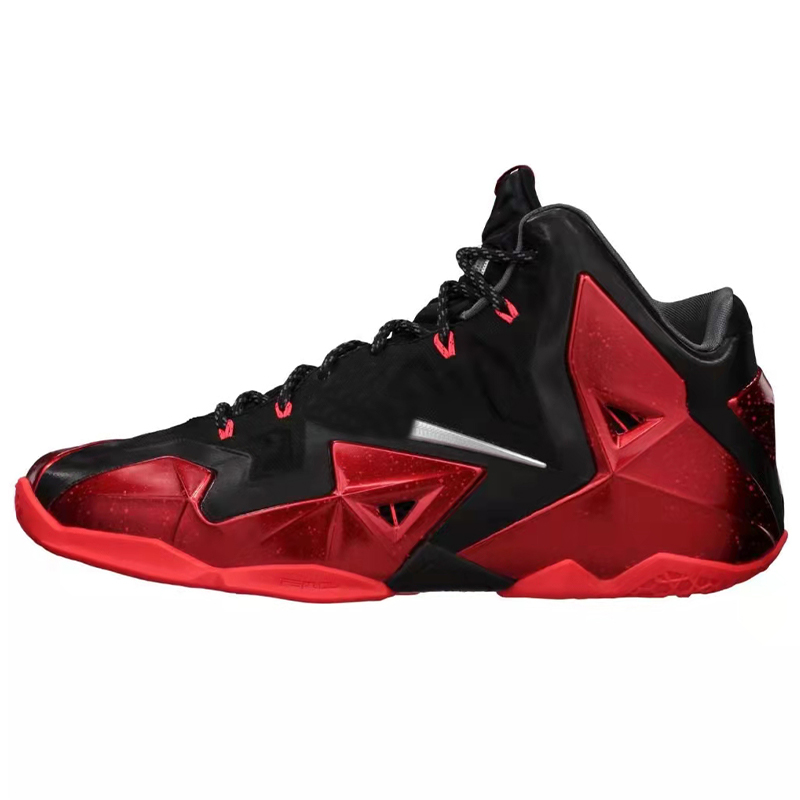We earn a commission for products purchased through some links in this article. Why Trust Us?
These pairs are the current road and trail favorites of our women’s wear-test team. Running Shoes Under Armour

The best running shoes for women share the same class-leading features with the best shoes overall—they’re lightweight, comfortable, cushioned, and just supportive enough where you need it most. But that locus of support is where some of the biggest differences between men’s and women’s running shoes can be found. Check out our picks below, or scroll deeper for more in-depth reviews of the shoes that earned especially high rankings from our female testers. Plus, you’ll also find expert tips and advice for buying your next pair.
The Blissfeel 2 is the same weight as its predecessor, yet it feels slightly heavier and firmer, even though the stack height and foam are unchanged from the original model. Running in the 2 felt like running in Adidas’s Ultraboost. It’s thickset, but there’s plenty of pop to the 2’s ride. The toe room and cushioning felt like a reprieve after testing narrower, less-supportive trainers.
“If you like the Ghost but you want more of it, that’s what the Max is,” said Carson Caprara, senior vice president of Brooks footwear. Both shoes use the same DNA Loft v2 foam, but the Max stacks it 39mm high in the heel. Think of the Ghost as your everyday workhorse. For recovery days or long runs when you need extra support, the Ghost Max will buffer your weary joints from months of base building. “This shoe provided so much comfortable cushioning when my muscles were especially sore,” said tester Kayte Flynt.
In your quiver of trainers, the Elite is the pair you pull out with intention. How many miles you pile on your shoes is dependent on you as a runner, but we’ve found, after almost 1,000 miles of wear-testing by nearly a dozen runners, the Elite is best reserved for race day. Like Saucony’s other racing models, the Endorphin Pro+ and Endorphin Pro 3, the Elite’s propulsive ride demands that you run faster. Easy 4-milers transform into marathon-paced long runs
The Sinister is a callback to racing flats from cross country days of yore. It’s an extremely lightweight shoe weighing in at 4.3 ounces, women’s size 7. The clincher is the high rebound Pwrrun PB midsole, the same foam found in the Endorphin Pro 3 and Endorphin Speed 3. With no carbon-fiber plate, it’s the anti-thesis of today’s racing shoes.
Testers described the ride as light and fast running in the shoe. Some wished for more supportive cushioning, especially postrun for recovery.
“I felt beat up longer after doing lengthier time in this shoe compared to the average carbon-plated flat,” said tester Josh Davis, who is an underpronator and averages 7-minute pace while training 30 miles a week.
With that in mind, we recommend the Sinister for shorter to middle distance efforts, like a 5K or 10K.
The Nitro foam in the ForeverRun is surrounded by a firmer rim of foam, resulting in a dual-density midsole that feels softer and provides more responsiveness and stability. The second key ingredient that promotes support is the sockliner, which was engineered by Kaiser Sport & Ortopædi, a Denmark-based clinic and retailer that specializes in running and walking. The high-cushioned sockliner has a molded heel cup and metatarsal pad. High praise was given to the shoe’s flexibility, light weight, and stability.
“This shoe was snug in the arch and allowed me to feel safe and secure with each step,” said another tester. “Around curves on gravel, I remember thinking how the shoe handled it so well and how supportive it felt.”
“The best part of the Mtn Racer 3 was the cushioning. I was able to tear up and down the mountains without feeling the rocks and roots under my feet,” said Renee Hislop, who has been a member of our wear-test team since 2013. “The extra layer of Vibram and the placement of the lugs, as well as the flexibility, made long and short runs equally enjoyable.”
The comfort factor doesn’t take away dexterity. The Mtn Racer 3 may have a wider platform compared to the previous Mtn Racer 2, but testers noted nimble footwork when the path became dicey. That Vibram Megagrip outsole also keeps you right side up.
This is the fourth consecutive year we’ve put a Spring Shoe Award in the Lone Peak’s trophy case. It’s simply because few shoes can do what the Altra Lone Peak 7 can. The outsole is tacky. The stone guard is strong and durable. The toebox is spacious and wide to let your toes wiggle and splay. And the toothy lugs are aggressive to claw through dirt and mud. Plus, since it’s an Altra, it all goes down on a zero-drop platform.
The Speedgoat might be more popular, but we’re going to claim the overhauled Mafate Speed is Hoka’s best trail running shoe right now—especially if your trails require comfort and versatility. We found this out firsthand by using the shoe to race up and down Whiteface Mountain.
There have been a number of big changes to this model that make it more runnable and comfortable than before, including a new two-layer foam setup. The Profly+ midsole puts a lightweight, bouncy foam closest to your foot, which boosts comfort and makes the shoe feel alive when you’re running along hard-packed ground. The bottom layer is durable and firm enough to crush over sizable rocks and protect the bottom of your foot.
Women’s feet aren’t just smaller, narrower versions of men’s feet—there are differences in overall shape that affect shoe fit. Women’s feet tend to be comparatively wider in the forefoot, with a narrower heel. Running shoe makers consider this statistical difference when designing their shoes for women. For example, a brand may build the same model of a shoe with a different heel shape and sometimes different heel materials between its men’s and women’s version.
Researchers have also found that because women tend to have wider hips than men, their feet are more likely to strike the ground toward the outside of their shoe soles. The inward rolling of the foot that results from this is known as pronation, which explains why more women are believed to overpronate than men. Some women’s running shoes account for this increased tendency with different materials used for support through the sole.
We selected all the women’s running shoes in this roundup based on feedback from the women on our 250-runner-strong wear-test team, the expertise of our test editors, and the mechanical data collected in our RW Shoe Lab. Every shoe was evaluated over the course of at least 100 miles, with attention given to overall performance, comfort, ride, longevity, and value. Based on our extensive testing, the options below are currently the best running shoes for women.
Amanda is a test editor at Runner’s World who has run the Boston Marathon every year since 2013; she's a former professional baker with a master’s in gastronomy and she carb-loads on snickerdoodles.
Jeff is Runner-in-Chief for Runner's World, guiding the brand's shoes and gear coverage. A true shoe dog, he's spent more than a decade testing and reviewing shoes. In 2017, he ran in 285 different pairs of shoes, including a streak of 257 days wearing a different model.
Saucony Sinister: A Racing Flat for the Modern Era
Your Ultimate Guide to Types of Running Shoes
How to Size Running Shoes
Asics Vs. New Balance Running Shoes 2023
Tested and Reviewed: Brooks Ghost Max
The Best Running Shoes of 2024
Tested and Reviewed: Saucony Triumph 21
The Best Running Shoes for Men
The 8 Best Winter Trail Running Shoes of 2024
Winter Traction 101: Crampons vs. Ice Cleats
Best Shoe Deodorizers for Keeping Your Feet Fresh
A Part of Hearst Digital Media
We may earn commission from links on this page, but we only recommend products we back.

Waffle One Blue Orange ©2024 Hearst Magazine Media, Inc. All Rights Reserved.